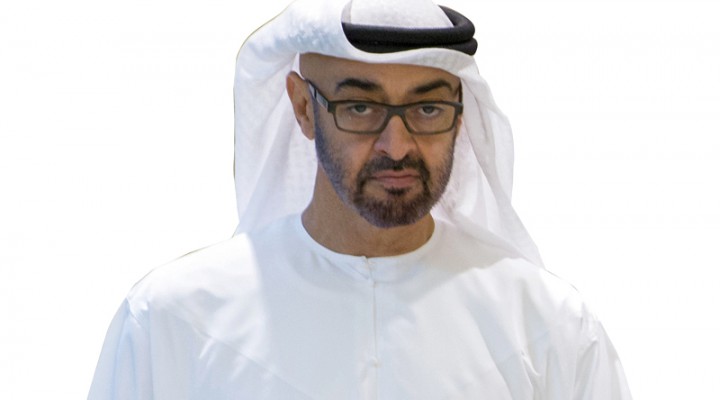The UAE’s transition

Change of guard could aid reconciliation with Gulf and Arab adversaries
World leaders flocked to Abu Dhabi this week to pay their condolences on the death of Sheikh Khalifa bin Zayed and congratulate his brother Sheikh Mohammed bin Zayed on assuming formal leadership of the emirate and the federal presidency of the UAE.
The apparently smooth and consensual transition dispelled rumours of disputes within ruling circles over the succession arrangements. There were unconfirmed reports that the announcement of the passing of the long-ailing former ruler was delayed pending resolution of those issues. If true, the hold-up succeeded in enabling a smooth transfer of power to be arranged.
The nature of those arrangements may become clearer once a new federal cabinet is formed, perhaps including some new faces and a different share-out of power between the seven emirates. They could also be reflected in a possible redistribution of authority within the Abu Dhabi ruling family among the sons of the late Sheikh Zayed bin Sultan Al Nahayyan.
Sheikh Khalifa’s death, though hardly unexpected given his debilitating illness, could also serve as an opportunity form the UAE to reconcile with some of its Gulf and Arab adversaries and strengthen its international political and economic relations and alliances.
The Emir of Qatar, Sheikh Tamim bin Hamad Al Thani, used the occasion to visit Abu Dhabi and meet Mohammed bin Zayed for the first time in nearly five years of unprecedently tense relations. Palestinian President Mahmoud ‘Abbas also took advantage of the chance to try to improve strained ties.
It was no surprise that French President Emmanuel Macron was the first European leader to show up given the strong bonds between France and the UAE. But the seniority of the US delegation — led by Vice President Kamala Harris and including Secretary of State Antony Blinken — was unexpected and significant. It reflects a concession and outreach on the part of the Biden administration after the UAE and Saudi Arabia spurned its request to increase oil production to drive down prices and relieve pressures on the Western economy, thus breaking the OPEC+ agreement with Russia.
It remains unclear whether this gesture, along with the lobbying efforts of British Prime Minister Boris Johnson, will succeed in getting the UAE to change position and renege on its deal with Russia. This seems unlikely, not least because of the billions of extra dollars that have been pouring into UAE and Gulf coffers since the start of the year.
Mourning rites — whether held by states, clans, or even families — are traditionally a time to set quarrels aside, reconcile differences and restore friendships. In Arab/Muslim culture, in particular, it is unacceptable to rebuff those who come to pay condolences.
One may agree or differ with the UAE’s policies. We in this paper strongly oppose its war in Yemen and its normalization policy with the Israeli occupation state. (It was dismaying to Israeli President Isaac Herzog among the condolers and congratulators in Abu Dhabi, especially after Israel’s murder of our colleague Shireen Abu Akleh, its incursions into the al-Aqsa compound and Jenin refugee camp, and its settler encroachment in the occupied territories).
But internally, the country’s rulers have succeeded in putting their house in order, and it has emerged strong.
https://www.raialyoum.com/the-uaes-transition/
 TheAltWorld
TheAltWorld 
0 thoughts on “The UAE’s transition”